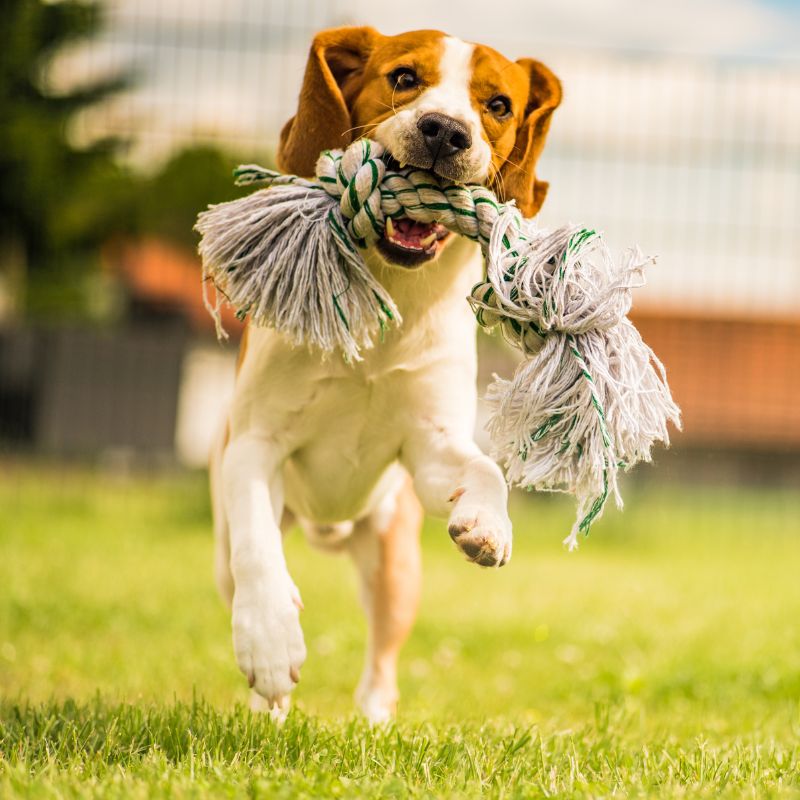Pet Eye Exam
Explore the commitment to your pet’s health at Niguel Animal Care Center. Discover the crucial role of pet eye exams in safeguarding your furry companion’s well-being, an integral part of our comprehensive healthcare services.
Comprehensive Pet Eye Exam
At Niguel Animal Care Center, our pet eye exams are meticulously designed to assess and monitor the ocular health of your pets. Guided by experienced veterinarians, these exams employ non-invasive techniques, ensuring a stress-free experience for your beloved companion.
Similar to humans, pets can develop various eye conditions that, if left undetected, may escalate into discomfort and severe complications. A pet eye exam proactively identifies potential issues like cataracts, glaucoma, or conjunctivitis. Early detection through our comprehensive exams is crucial, enabling timely intervention to prevent these conditions from progressing and negatively impacting your pet’s overall quality of life. Trust our dedicated Niguel Animal Care Center team to prioritize your pet’s well-being through thorough and compassionate ocular care.
When is it Necessary?
It’s common for pet owners to wonder when they should schedule a pet eye exam. While routine check-ups are essential, there are specific signs that may indicate your pet requires immediate attention. If you notice any of the following, consider bringing your pet in for an eye exam:
Unusual Discharge or Tearing: Excessive tearing or abnormal discharge from your pet’s eyes may signal an underlying issue requiring professional evaluation.
Changes in Behavior: If you observe alterations in your pet’s behavior, such as increased sensitivity to light, pawing at the eyes, or reluctance to open them, it’s time for a closer look.
Cloudiness or Changes in the Pupil: Cloudiness in the eyes or alterations in pupil size could indicate various eye conditions that warrant a prompt examination.
Persistent Squinting or Blinking: Frequent squinting or blinking may suggest discomfort or pain, prompting the need for a comprehensive pet eye exam.

